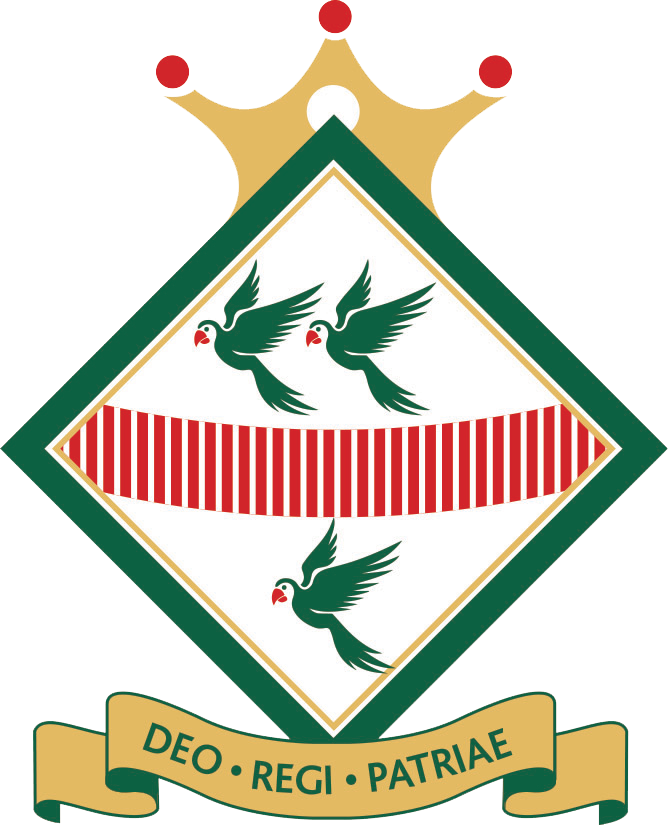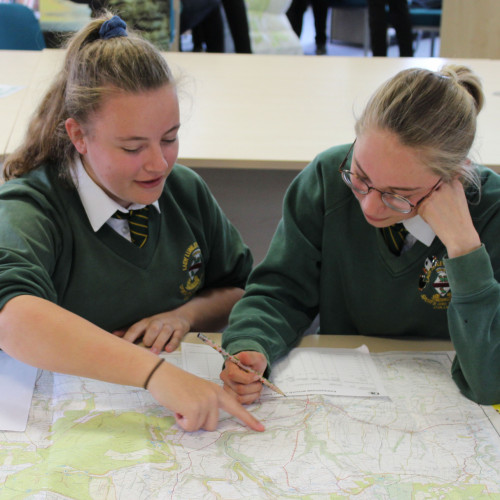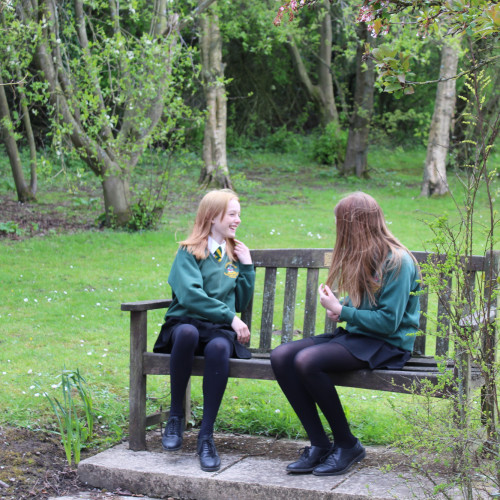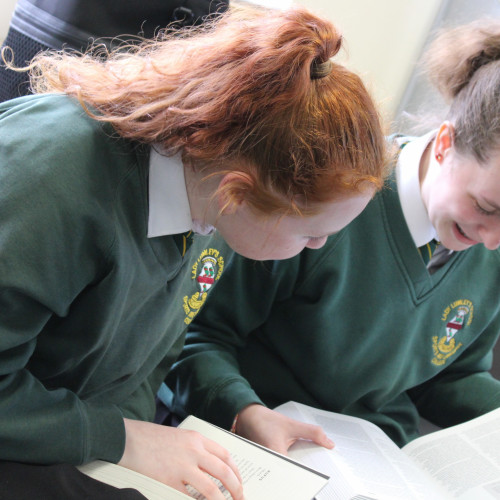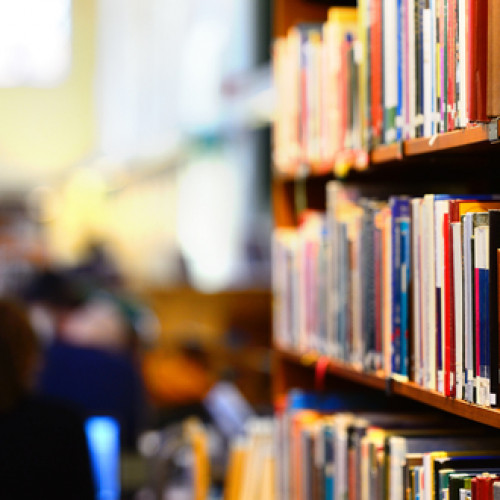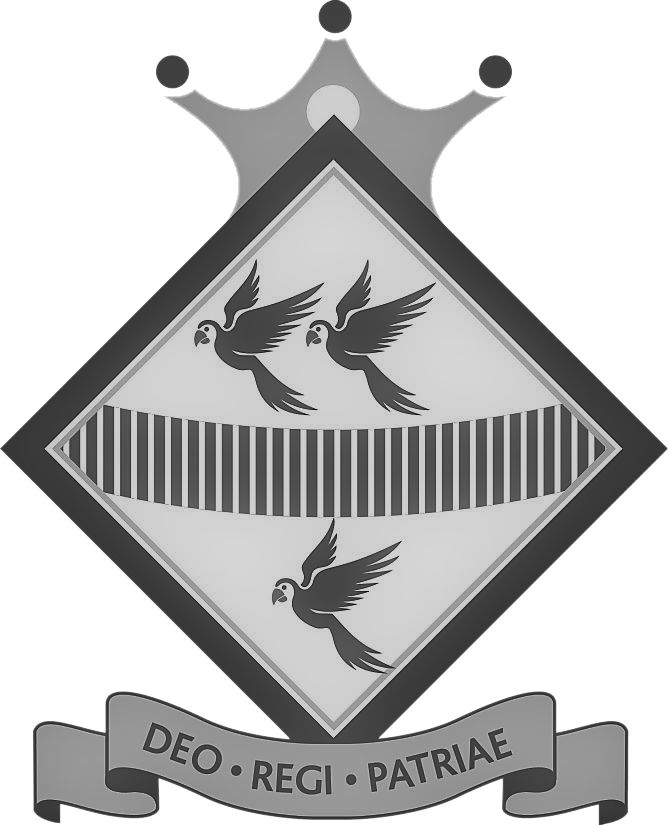Religious Education
Key Stage 3
In Key Stage 3 RE is taught as a discrete fortnightly lesson. We follow, where possible, the guidance from the North Yorkshire Agreed Syllabus. RE contributes to the spiritual, moral, social and cultural education of our students, allowing them to explore questions they may not have previously explored. Activities are planned for students to provide opportunities for curiosity and imagination.
Year 7
Students begin their study with an enquiry into the culture of the surrounding area, and what it means to be religious today. The students are then challenged to consider how religion is part of culture, e.g. the celebration of Christmas by non-Christians. Our aim is to promote respectful curiosity about the lives of others. Students then explore ‘What it means to be a Muslim in Britain today’. Considering and challenging stereotypes, racism and islamophobia. We also recap what students may already know around Christianity before turning to look at a Dharmic faith and students explore ‘What it means to be a Sikh in Britain today’.
Year 8
Students explore what the word ‘truth’ means: ‘What is real? How do we know?’ They will start by arguing to prove the existence of a chair before moving onto Plato’s Cave and then onto ethics – where do our ethics come from? We look at a number of ethical theories, some religious such as situation ethics and natural law, and others which are not, such as deontology and utilitarianism. We explore the key tenets of Buddhism before asking the question ‘Why is there suffering?’ and looking at religious and non-religious responses to the question.
Year 9
Students begin the year by exploring core Jewish beliefs, in order to continue building students’ core knowledge of the six world faiths. Students evaluate beliefs, and the reasons for them, surrounding life after death, both religious and non-religious. Students will then investigate and compare the different death rites of the six major religions. They evaluate why these are important to believers, and how they reflect their beliefs about the afterlife. The course ends with an introduction to the philosophy of religion, how can we prove or disprove the existence of God. We look at the design, cosmological and ontological arguments before finishing with a look at religious experiences.
Useful links:
Key Stage 4
All students study Core RE at KS4. Students in Year 10 have a discrete lesson once a fortnight, while students in Year 11 find RE and world views woven into Life lessons where appropriate. Students in Year 10 have the option to study GCSE RE alongside Core RE.
Core RE
GCSE Religious Education
Year 10
Year 11
GCSE RE Specification
https://qualifications.pearson.com/en/qualifications/edexcel-gcses/religious-studies-b-2016.html
Useful links:
- Christianity - https://www.bbc.co.uk/bitesize/topics/zh7bxyc
- Judaism - https://www.myjewishlearning.com/
- Judaism - https://www.bbc.co.uk/bitesize/topics/zvp8f4j
A Level Religious Studies
We look at the philosophical arguments surrounding the proof of God’s existence and non-existence such as the ontological argument and evil and suffering. We look at ethical theories, such as utilitarianism, and in applied ethics we apply those theories to issues such as the environment and medical ethics. As our study of religion, we study Judaism from a historical, a theological, a philosophical and an ethical point of view.
Students study the following units:
- Philosophy and Religion: Philosophical issues and questions; The nature and influence of religious experience; Problems of evil and suffering; Philosophical language; Works of scholars; Influences of developments in religious belief.
- Religion and Ethics: Significant concepts in issues or debates in religion and ethics; A study of three ethical, theories; Application of ethical theories to issues of importance; Ethical language;
- Deontology, Virtue Ethics and the works of scholars; Medical ethics: beginning and end of life issues.
- Study of Religion - Judaism: Religious beliefs, values and teachings; Sources of wisdom and authority; Practices that shape and express religious identity; Social and historical developments; Gender, the Holocaust and Zionism; Works of scholars; Religion and society; Primary texts.
A Level Religious Studies Specification:
https://qualifications.pearson.com/en/qualifications/edexcel-a-levels/religious-studies-2016.html
Enrichment at Key Stage 5
- Our students take part in candle conferences each year.
- Our students take part in the live survivor testimony on Holocaust Memorial Day.
- Our students are invited to join a trip to Krakow, where we spend a day at Auschwitz-Birkenau as well as going to the Jewish quarter in Krakow, the synagogues, the restaurants and the Schindler Museum.
Useful Links
Information to make Parents and Carers aware they have the right to withdraw their child from all or part of RE:
